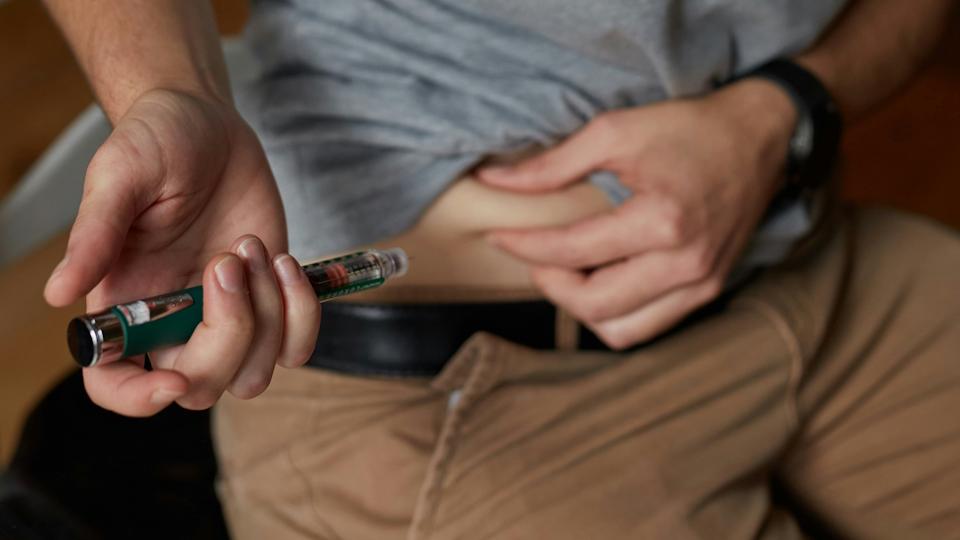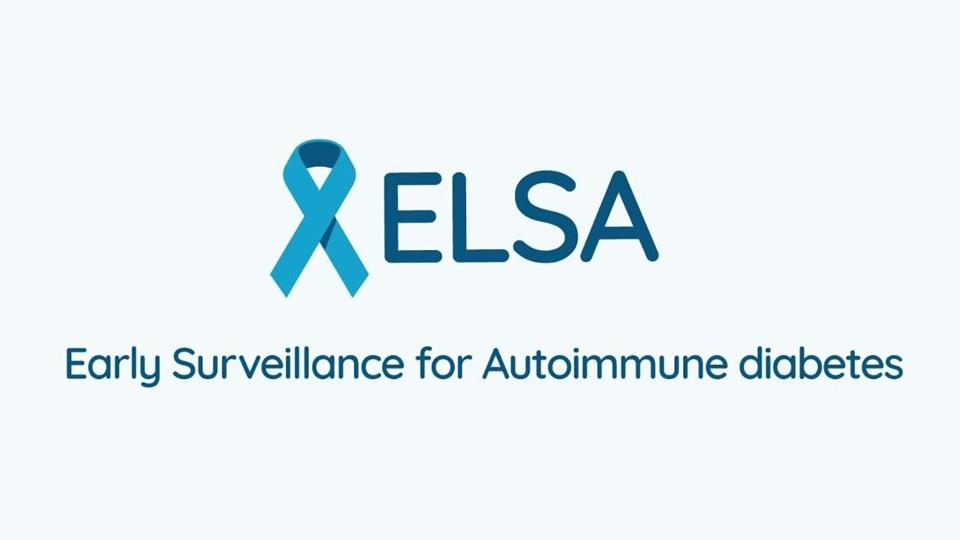Vertex islet cell therapy gets type 1 diabetics off insulin

Three people with type 1 diabetes who received Vertex Pharma’s islet cell therapy VX-880 have been able to come off insulin altogether within a year, raising the prospect of a life without regular injections.
The new data from Vertex’s phase 1/2 trial of VX-880, presented at the American Diabetes Association (ADA) annual congress in Florida, suggest that the therapy can restore the physiological activity of the insulin-producing islet cells of the pancreas and restore glucose control.
The study enrolled 17 people with type 1 diabetes and impaired hypoglycaemia awareness, meaning they find it hard to spot the telltale signs of declining blood sugar levels and are at increased risk of severe hypoglycaemic events (SHEs) that can cause confusion, coma, seizures, cardiovascular events, and even death.
The new data came from a group of 12 treated with the full dose of VX-880 given as a single infusion, three of whom had been followed up for at least 12 months and so could be evaluated for efficacy.
All three met the study’s primary endpoint of elimination of SHEs and a reduction of haemoglobin A1c levels – a marker of blood glucose control – to 7% or less, along with becoming insulin-independent at this time point.
Moreover, all 12 showed evidence that the islet cells had grafted and were producing insulin in response to glucose levels in the body within three months, and 11 of them had been able to reduce or eliminate insulin use by the data cutoff point. Of 10 participants who completed a follow-up visit on day 180, seven were no longer using insulin therapy and two had approximately cut their daily insulin use by around 70%.
“[This] remarkable data add[s] to the growing body of evidence for VX-880 as a potentially curative therapy for type 1 diabetes,” said Carmen Bozic, Vertex’s chief medical officer. The company has now been given regulatory approval to expand enrolment to around 37 patients and is planning pivotal studies to support approval.
The results are remarkable as this phase 1/2 trial involved “naked” cells only, which means they need to be given alongside immunosuppressive therapy. Vertex is also developing a version called VX-264 in which the cells are encapsulated in a protective device designed to protect them from rejection by the immune system. A phase 1/2 trial of VX-264 begun last year.
VX-880 (formerly known as STx-02) derives from Vertex’s near-$1 billion acquisition of Semma in 2019, which also brought in the encapsulation technology used in VX-264. Since then, the company has expanded its type 1 diabetes cell therapy platform with the $320 million takeover of rival developer ViaCyte in 2022 and a $780 million manufacturing technology licensing deal with TreeFrog Therapeutics earlier this year.
Last year, CellTrans claimed the first FDA approval for a cell therapy for type 1 diabetes, Lantidra (donislecel) consisting of insulin-producing islet beta cells taken from deceased donors. The therapy, which needs to be given with immunosuppressive drugs, is cleared for use in a group of patients who are particularly hard hit by SHEs.
Other companies working in this area include Canadian group Sernova, which has a phase 1/2 trial on the go for islet cells in its proprietary Cell Pouch device. The first patient to receive that therapy has now been insulin-independent for four years with normal-range HbA1c levels, according to a recent company update.
Photo by Sweet Life on Unsplash













